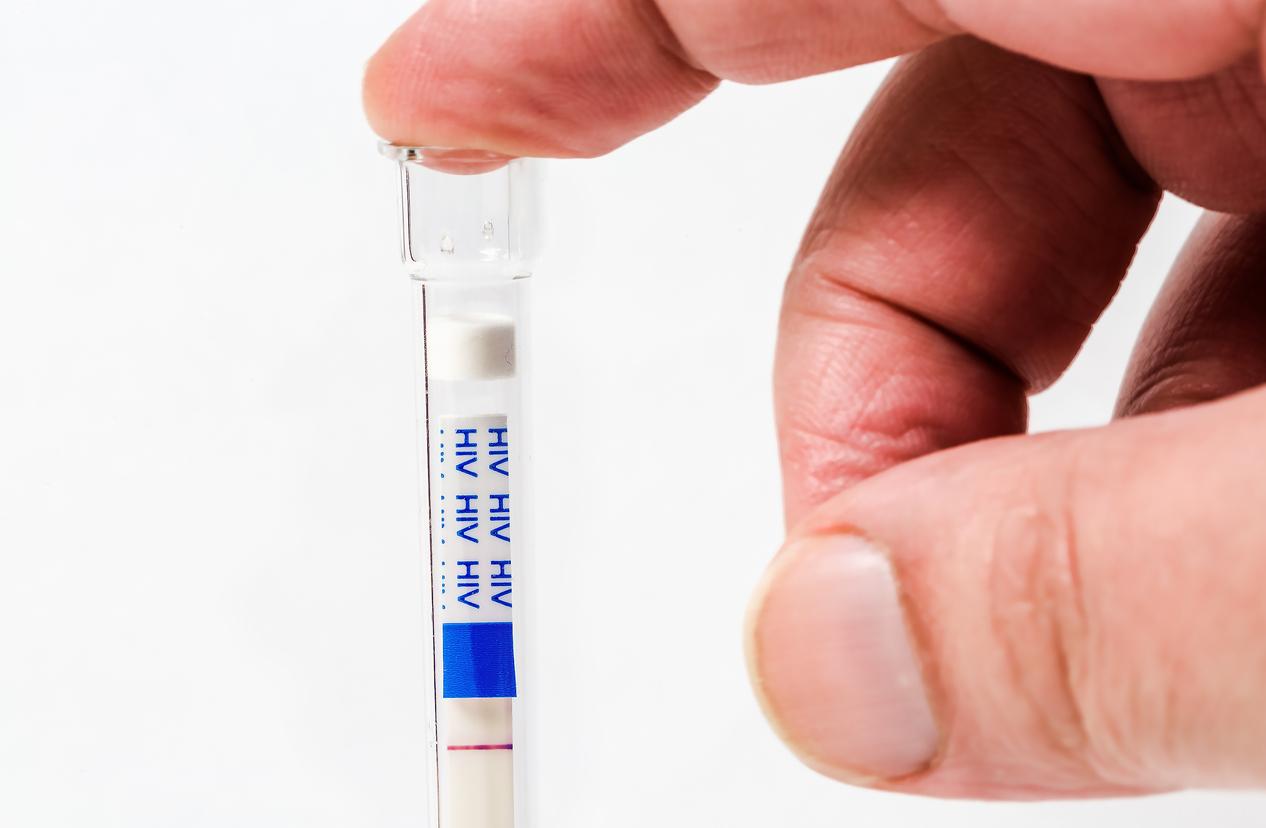According to Affsaps, 146 undesirable effects concerning 112 patients were reported on September 30, 2009. The majority of observations are not serious. Adverse effects mainly concern the digestive system (40% of cases).
A lack of effectiveness of this anti-obesity pill was reported in 14.5% of the observations. In nearly 20% of these adverse reactions, the patients had consumed these pills inappropriately, or without respecting the warning of the marketing authorization (MA).
460,000 cans of the drug have been sold, peaking at 60,000-70,000 cans per week at launch, as of May 6. Sales then declined, then stabilized around 10,000 boxes sold per week since August, according to figures communicated by the laboratory GlaxoSmithKline (Gsk) to Afssaps.
The users of this pill are mostly women (81%) and an average age of 43.7 years, according to the first survey of use carried out seven days after the marketing of Alli. The misuse rate of Alli is said to be 17%, linked to non-compliance with the indications, when people with a body mass index below 28 consume this medicine.
The anti-obesity pill Alli has been available in pharmacies without a prescription since May 6. It contains a molecule (orlistat) which was previously available on prescription, in a dosage twice as high (120 mg against 60 mg for Alli).


















